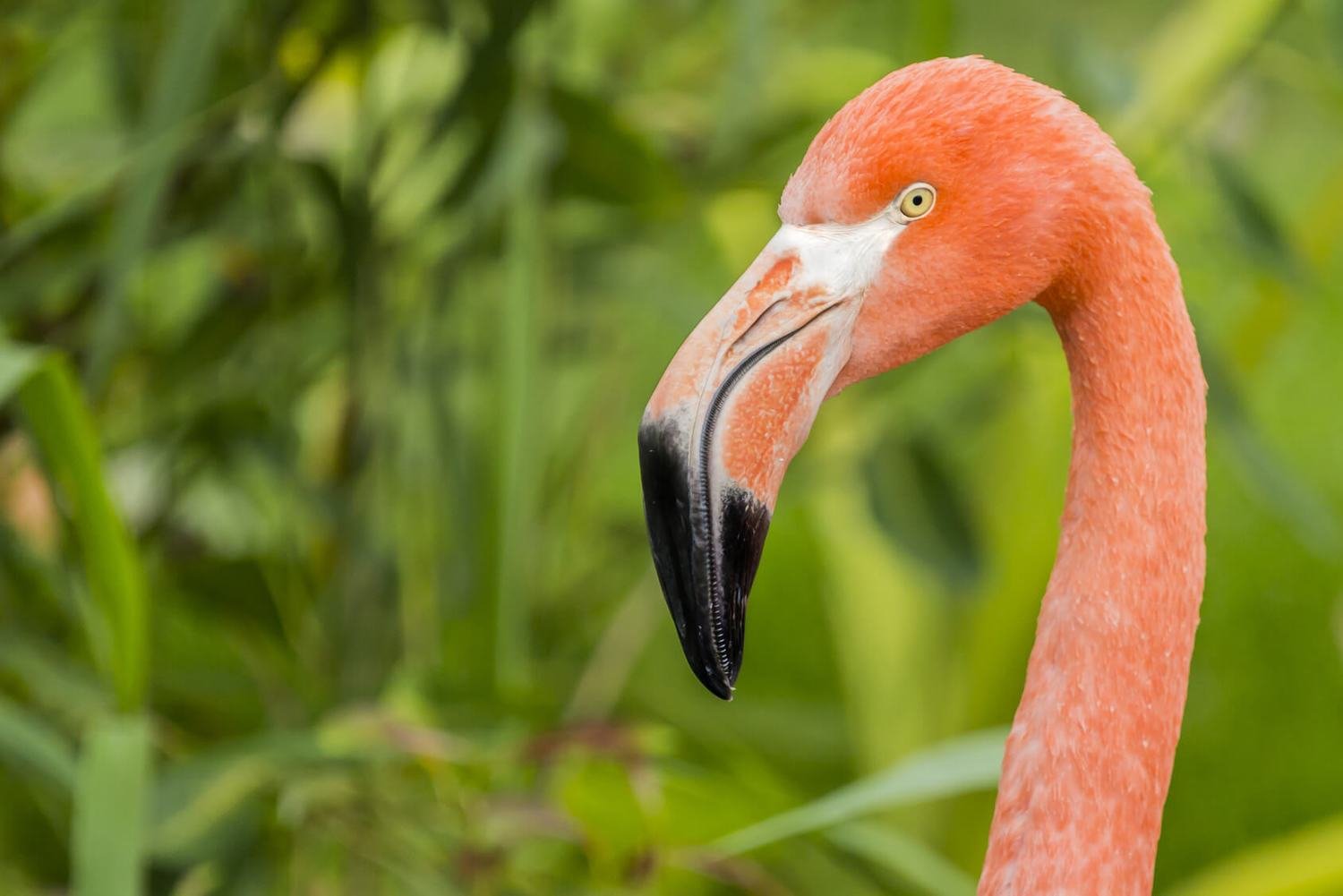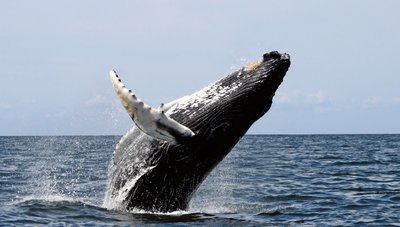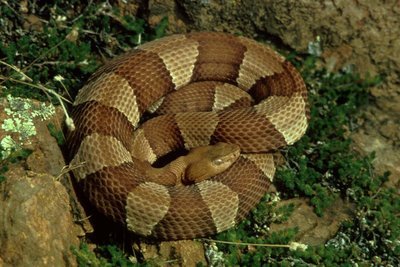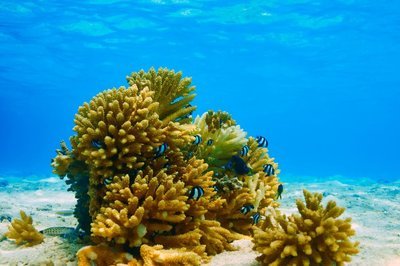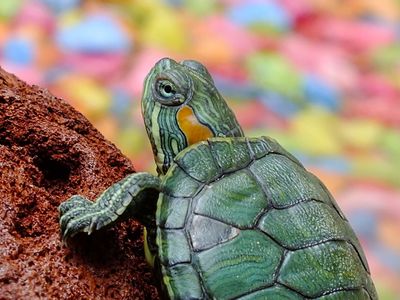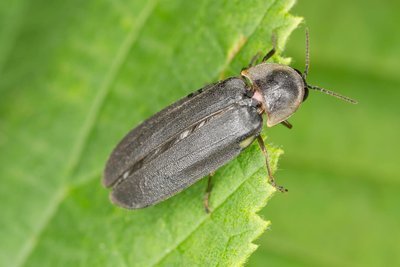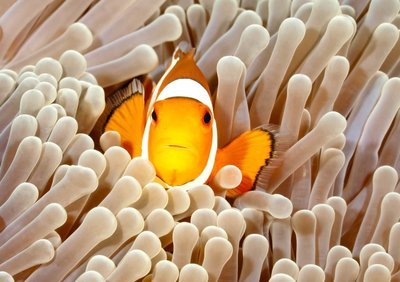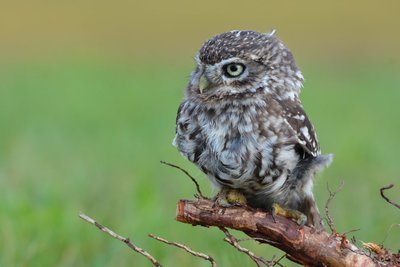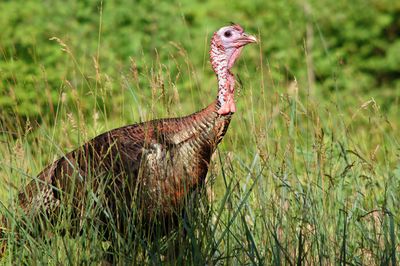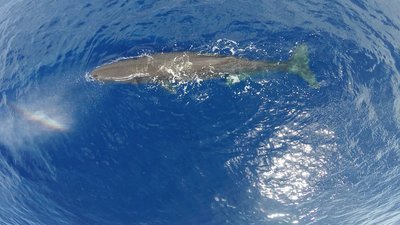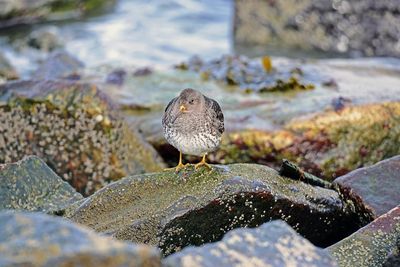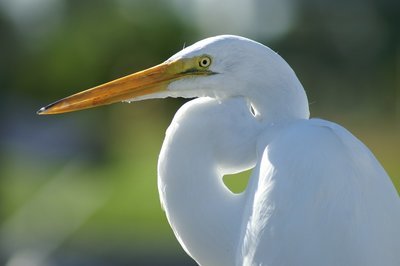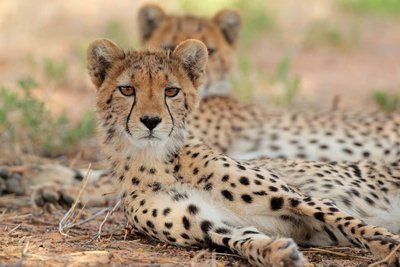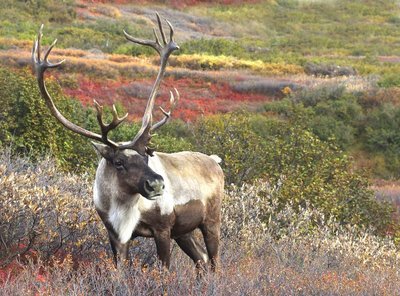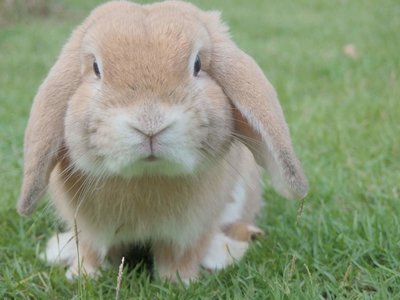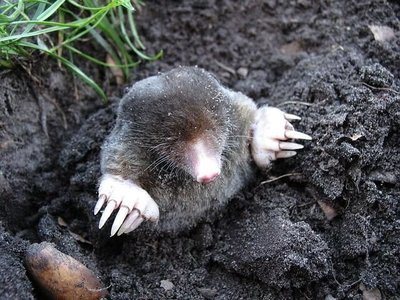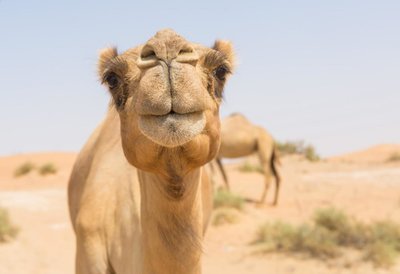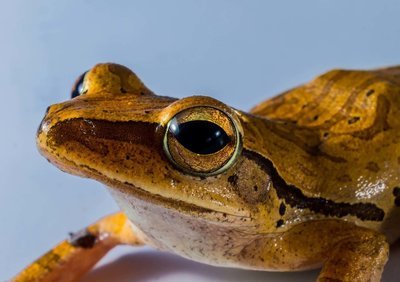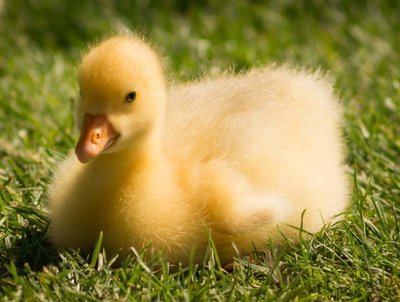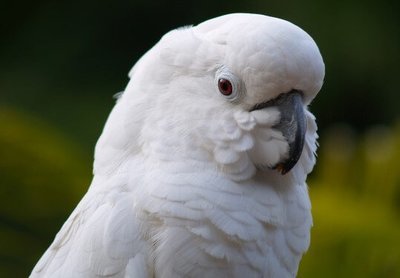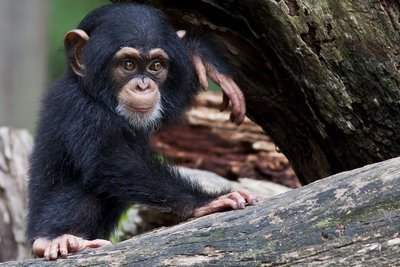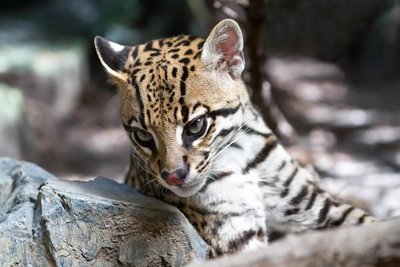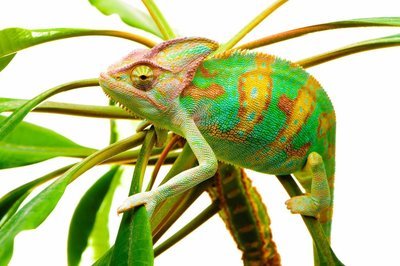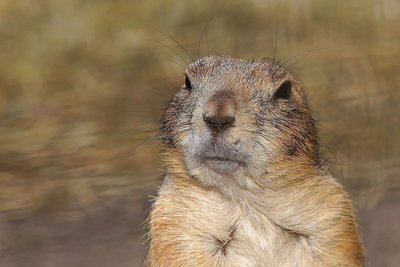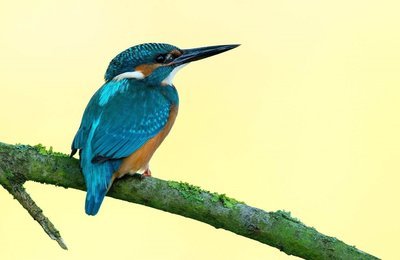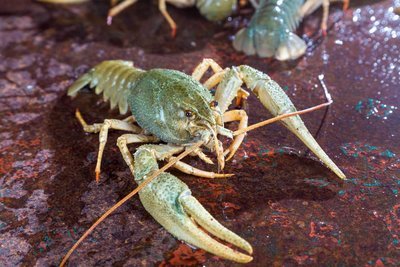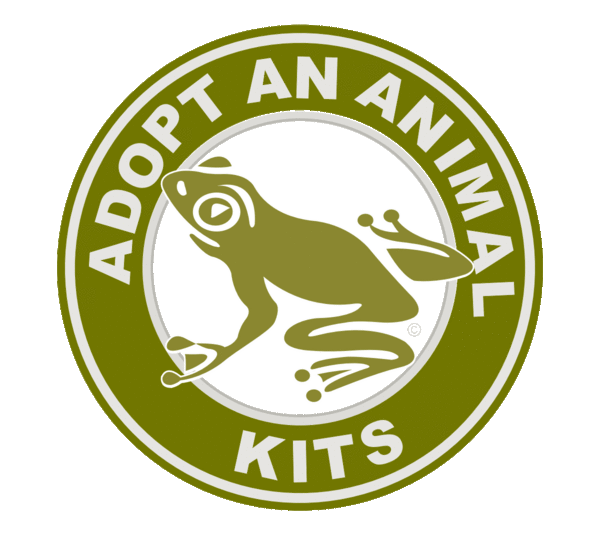

Adopt An Animal Kits
Adopt An Animal symbolically. Your Adopt An Animal Kit comes in a Deluxe Folder and includes: Glossy Photo of Your Adopted Animal; Adopt An Animal Adoption Certificate; Fact Sheet About Your Adopted Animal; Help Animals Info Cards Packed With Information On Animal Issues & How You Can Help Animals And The Environment. Adopt An Animal for Yourself or as a Gift.
Adopt A Flamingo
Adopt A Flamingo
Your Adopt A Flamingo Kit comes in a Deluxe Folder and includes:
- Glossy Photo Of Your Adopted Flamingo
- Adopt A Flamingo Adoption Certificate
- Fact Sheet About Your Adopted Flamingo
- Help Animals Info Cards Packed With Information On Animal Issues & How You Can Help Animals And The Environment
Adopt A Flamingo Kits make great gifts and can be sent directly to the recipient. Simply supply the recipient's name and mailing address as shipping information. We'll even include a letter stating the Adopt An Animal Kit is from you.
Adopt An Animal symbolic adoption is a one time fee. Adopt an animal for yourself or order an Adopt An Animal Kit as a gift. Help make a difference for animals - Adopt An Animal Today!
Adopt A Flamingo
Flamingos are gregarious wading birds, usually 3–5 feet in height living in large flocks around aquatic areas. The bird is found in both the Western and Eastern Hemispheres and is more numerous in the latter. There are four species in the Americas, while two exist in the Old World.
Flamingos filter-feed on shellfish and algae. Their oddly-shaped beaks are specially adapted to separate mud and silt from the food they consume, and are uniquely used upside-down. The filtering of food items is assisted by hairy structures called lamellae which line the mandibles, and the large rough-surfaced tongue. Flamingos are also noted for balancing themselves on one leg while standing and feeding. Flamingos also stand on one leg when sleeping.
The young hatch with white plumage, but the feathers of a flamingo in adulthood range from light pink to bright red, due to carotenoids obtained from their food supply. A flamingo that is well fed and healthy is vibrantly colored. The pinker a flamingo is, the more desirable it is as a mate. A white or pale flamingo, however, is usually unhealthy or suffering from a lack of food. All flamingos have 12 black flight feathers in each wing.
Flamingos produce a “milk” like pigeon milk due to the action of a hormone called prolactin. It contains more fat and less protein than the latter does, and it is produced in glands lining the whole of the upper digestive tract, not just the crop. Both parents nurse their chick, and young flamingos feed on this milk, which also contains red and white blood cells, for about two months until their bills are developed enough to filter feed.
Flamingos are known to stand on one leg while sleeping. This is done in order to minimize body heat escaping into the water in which their feet are submerged.
Flamingos were native to Australia 20 million years ago.
CHILEAN FLAMINGO
The Chilean flamingo (Phoenicopterus chilensis) is a large species closely related to Caribbean flamingo and greater flamingo. It occurs in temperate South America. Like all flamingos, it lays a single chalky white egg on a mud mound. The plumage is pinker than the slightly larger greater flamingo, but less so than Caribbean flamingo. It can be differentiated from these species by its grayish legs with pink "knees", and also by the larger amount of black on the bill (more than half).
LESSER FLAMINGO
The lesser flamingo (Phoenicopterus minor) is a species in the flamingo family of birds which occurs in Africa (principally in the Great Rift Valley), across to northwest India. It is the smallest and most numerous flamingo, probably numbering up to a million individual birds. Like all flamingos, it lays a single chalky white egg on a mud mound. Most of the plumage is pinkish white. Its clearest difference from greater flamingo, the only other Old World species, is the much more extensive black on the bill. Size is less helpful unless the species are together, since the sexes of each species are also different in height. This species feeds exclusively on the alga spirulina plantensis, which occurs only in very alkaline lakes. Their deep bill is specialized for tiny food items. The population in the two key east African lakes, Nakuru and Bogoria, have been adversely affected in recent years by suspected heavy metal poisoning.
JAME'S FLAMINGO
The James's flamingo (Phoenicopterus jamesi), also known as the Puna flamingo, is a South American flamingo. It breeds on the high Andean plateaus of Peru, Chile, Bolivia and Argentina. It is related to the Chilean flamingo and the Andean flamingo. It is a small and delicate flamingo, approximately 3 feet in height. Its plumage is pale pink, with bright carmine streaks around the neck and on the back. When perched, a small amount of black can be seen in the wings. There is bright red skin around the eye. The legs are brick-red and the bill is bright yellow with a black tip. Immature birds are grayish. James's flamingo is similar to other South American flamingoes, but the Chilean flamingo is pinker, with a paler and longer bill, and the Andean flamingo is larger with more black in the wings and bill, and yellow legs.
ANDEAN FLAMINGO
The Andean flamingo (Phoenicopterus andinus) is a bird species in the Flamingo family restricted to the Chilean Andes. It is closely related to James's flamingo. Like all flamingos it lays a single chalky white egg on a mud mound. Its population in Northern Chile was badly hit by drought, which cause the breeding lagoon areas to dry up, either preventing nest building, or allowing predation especially from the Culpeo Fox. Andean flamingos, like all the group, feed by filtering small items from water with their specialized bills. They have a deep, narrow lower mandible, which allows them to eat small foods such as diatoms, in contrast to the wider bill of larger species, which take bigger prey items. Most of the plumage is pinkish white. The Andean flamingo is the only species that has yellow legs and feet.
GREATER FLAMINGO
The Greater flamingo (Phoenicopterus roseus) is the most widespread species of the Flamingo family. It is found in parts of Africa, southwest Asia (including Turkey), southern Asia (coastal regions of India) and southern Europe (including Spain, Portugal, and the Camargue region of France). Some populations are short distance migrants. This is a large species and is closely related to the Caribbean flamingo and Chilean flamingo. Like all flamingos, this species lays a single chalky-white egg on a mud mound. Most of the plumage is pinkish-white, but the wing coverts are red and the primary and secondary flight feathers are black. The bill is pink with a restricted black tip, and the legs are entirely pink. The call is a goose-like honking.
CARIBBEAN FLAMINGO
The Caribbean flamingo (Phoenicopterus ruber) is a large species of flamingo closely related to the greater flamingo and Chilean flamingo. It breeds in the Galapagos Islands, coastal Colombia and Venezuela and nearby islands, the Yucatán Peninsula of Mexico, and in the northern Caribbean in the Bahamas, Hispaniola, Cuba and Turks and Caicos. Most sightings in southern Florida are usually considered to be escapees, although at least one bird banded as a chick in the Yucatán Peninsula has been sighted in Everglades National Park, and others may be genuine wanderers from Cuba. The habitat is similar to that of its relatives, including saline lagoons, mudflats and shallow brackish coastal or inland lakes. Like all flamingos, it lays a single chalky white egg on a mud mound. Most of the plumage is pink, giving rise to its earlier name of rosy flamingo and differentiating adults from the much paler European species. The wing coverts are red, and the primary and secondary flight feathers are black. It is the only flamingo which naturally occurs in North America. The bill is pink with a restricted black tip, and the legs are entirely pink. The call is a goose-like honking.
THREATS TO FLAMINGOS
The primary threats to flamingos are habitat loss, bacterias, toxins and pollution from manufacturing companies. Spread of diseases is a major threat due to flamingos living in such large colonies. Changes in climate can affect the natural habitats of flamingos, as droughts dry up their habitats. Their desire to mate is lessened by temperature extremes. Poaching is also a threat to flamingos, as the birds are killed for their decorative feathers and eggs. Their tongues are harvested for meat.
Flamingos are also common victims of the animal entertainment industry. Removed from their natural habitat, denied the ability to engage in their instinctual behaviors, flamingos are placed on display at zoos, hotels and other businesses for the amusement of humans. Even under the best of circumstances, captivity is cruel for wild animals. Confined to tiny areas and gawked at by crowds, animals in exhibits and acts endure constant stress. They may suffer from temperature extremes and irregular feeding and watering. Without exercise, they become listless, their immune systems are weakened, and they become prone to sickness; many resort to self-mutilation in reaction to stress or boredom. Mental illness is rampant among confined animals. Torn from their families and deprived of all dignity, every part of their lives is controlled by their captors.
Adopt Adopt An Animal Kits
Our Adopt An Animal Kits are educational packets that allow you to symbolically adopt a favorite animal species and contain a variety of information promoting the protection of wildlife, companion animals, farm animals and the environment. By purchasing a symbolic adoption kit you will receive a packet of information regarding daily choices you can make to help the earth and animals.
Your Adopt An Animal Kit comes in a Deluxe Folder and includes:
Glossy Photo Of Your Adopted AnimalAdopt An Animal Adoption CertificateFact Sheet About Your Adopted AnimalHelp Animals Info Cards Packed With Information On Animal Issues & How You Can Help Animals And The Environment.
Adopt an animal for yourself or order an Adopt An Animal Kit as a gift. Symbolically adopting an animal is the perfect gift for a loved one who loves animals, and helps to promote the compassionate treatment of animals and respect for the environment by offering information on how to help the earth and animals. Adopt An Animal Kits can be sent directly to the recipient: simply supply the recipient's name and mailing address as shipping information. We'll even include a letter stating the Adopt An Animal Kit is from you.
Adopt An Animal Kits is a small, independent business not affiliated with any other business, non profit or charitable organization.
Fast Shipping!
Shipping time for Adopt An Animal Kits averages 2 to 4 business days - USA. Allow additional time for Adopt An Animal Kits orders outside the USA. Your Adopt An Animal Packet will arrive approximately 2 to 4 business days following shipping date. Shipping for Adopt An Animal Kits within the USA is by U.S.P.S. Priority Mail.
INTERNATIONAL ORDERS: Average shipping time for Adopt An Animal Kits outside of the USA is 5 to 14 business days, including Canada. International Shipping & Handling for Adopt An Animal Kits is by U.S.P.S. First Class Mail.
About Us
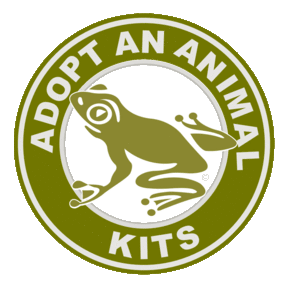
Adopt An Animal Kits, LLC
The world is teaming with an amazing diversity of animals. Some species are beautiful, others bizarre — but they all are important to the ecosystem and deserve our respect, compassion and protection. Unfortunately, many animal species are declining at a rapid rate as a result of irresponsible human activities. Habitat destruction, pollution, hunting, poor agricultural practices and changes in climate are among the threats faced by wildlife and domestic animals.
Adopt An Animal Kits, LLC is a small business who believes in promoting the advancement of compassionate living by educating the public about animal and environmental issues and what individuals can do to prevent cruelty to animals. Through our work, we strive to eliminate the prejudice of animals (speciesism) through educational efforts. Our business produces printed and printable educational materials available to individuals with an interest in earth and animal topics. Our Adopt An Animal Kits seek to educate and influence individuals on environmental and animal issues. The purchase of an Adopt An Animal Kit allows you to symbolically adopt your, or your loved one's, favorite animal species while promoting the protection of wildlife, companion animals, farm animals and the environment. Rather than adopting an indivdual animal, you are symbolicly adopting the species. Each kit contains a collection of information on how you or your loved one can make daily choices to help animals and the environment.
Our website provides an information portal regarding these issues. Information posted on the site is free of charge and available to anyone with an interest. Our printed and printable materials are available to individuals with an interest in earth and animal issues. We produce hundreds of fact sheets, flyers, and digital materials regarding environmental and animal issues. Most materials are available at no cost to anyone with an interest.
Adopt An Animal Kits, LLC is not a charitable or nonprofit organization.
